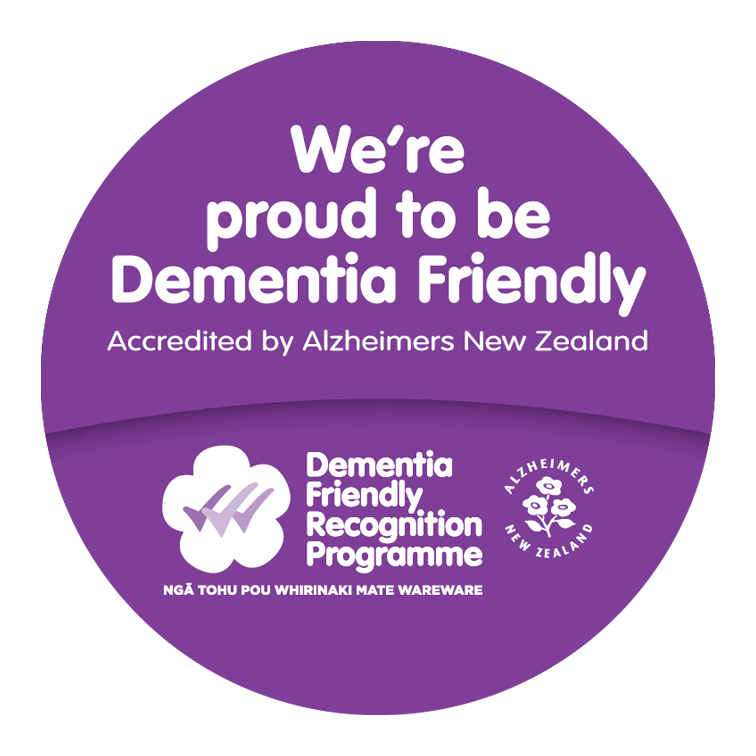People living with dementia usually need more care and support as their condition advances, and there may come a time when they need to move into a specialist dementia care home.
Caregiver burnout
Caregiver burnout can also be a factor. It can become increasingly exhausting to care for a person with dementia, particularly if the caregiver struggles with their own health and responsibilities, or the person with dementia is prone to outbursts or wandering. It can get to the point where continuing to live in the family home is not safe for the caregiver or the person with dementia.
If you need some help
There are many other considerations, and because every circumstance is different, it can be difficult to know when it is the right time for a loved one to move to a dementia care home. If you’re not sure if your loved one needs to go into care, we can provide you with the information you need to make an informed decision.
Dealing with feelings of guilt and loss
Transitioning into care can sometimes be a challenging time for the person living with dementia and their family members, who may be grieving the person they used to be or feel guilty about ‘putting them in a home’.
It can help to know that the person living with dementia is getting the specialised care they need to enjoy the best possible quality of life, in a caring environment designed to support their needs and help them blossom again. Once they have settled in, we often hear from family members that their loved ones are much happier than they were before they moved into care.
If you'd like to speak to your local Ryman village manager or dementia care team, fill out the form at the bottom of this page and we will be in touch, or phone 0800 588 222.





